RECOVER, REVIVE, REJUVENATE
SHARPER COGNITIVE RECALL
You Don't Have To Live With Memory Loss. Take Our "3 Minutes Brain Fog Quiz" To Identify The Protocols Designed Just For Your Needs.
RECOVER, REVIVE, REJUVENATE
SHARPER COGNITIVE RECALL
You Don't Have To Live With Memory Loss. Take Our "3 Minutes Brain Fog Quiz" To Identify The Protocols Designed Just For Your Needs.
CONTROLLED, SAFE, CONSISTENT
BLOOD SUGAR MANAGEMENT
Managing Your Blood Sugar Doesn't Have To Be Hard. Take Our Quick 3 Minute 'Blood Sugar Management' Quiz To Get Your Personalized Protocol.
JOIN OUR FIGHT MAKE WELLNESS ACCESSIBLE FOR ALL TODAY!
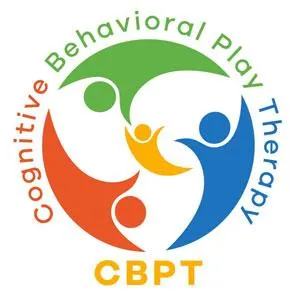
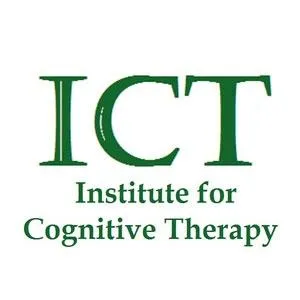
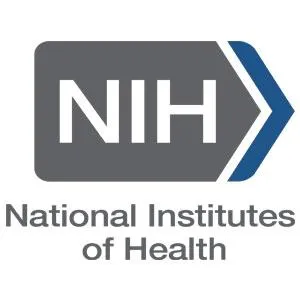
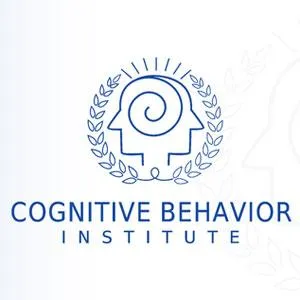
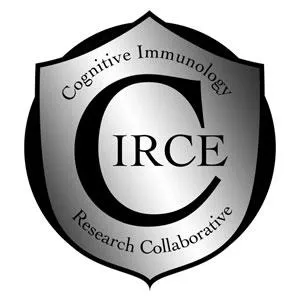
Recover. Revive. Rejuvenate.
Experiencing Any Of These Can Be Scary & Leave You Feeling Alone.... But You Are Not!

Misplaced Personal Items
Lost your keys, wallet or purse in your own home.

Can't Remember Names
Work meetings and you cannot recall the names of everyone that is participating on the call.

Negative Mood Swings
Frustrations boiling over to your friends and family and you don't know why.

Tired and No Energy
Mind is racing at night about everything you can't remember throwing off sleeping patterns causing burn out.
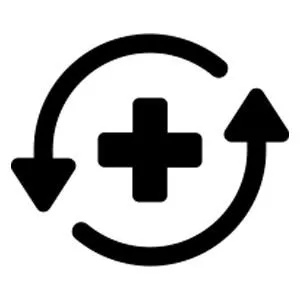
Recover
Understanding you are regaining the skills to recall information quickly and on-demand.

Revive
Nurture the cognitive skills that you have been concerned about.

Rejuvenate
Learn new skills and push yourself to new experiences and activities that stimulate you.

Take our easy 3 minute Brain Fog quiz to find your protocols.
Recover. Revive. Rejuvenate
It Doesn't Have To Be This Hard
Sticky notes and reminders don't have to be your system.
Sharper Recall
Increased Energy
Regain Confidence
Positive Mood Swings
These 5 Foods Are Killing Your Cognitive Skills
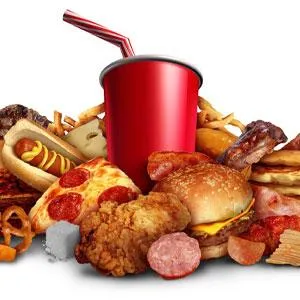
Ultra Processed Food

High Sodium Food

Sugar Food & Drinks

Deep Oil Fried Foods

Excessive Alcohol Drinks
Feeling a little… foggy? 🧠☁️
Take our 3 minute quiz for faster recall.
Ever walk into a room and completely forget why you’re there? Or stare at your phone wondering what you were about to do? Yeah… we’ve all been there.
But here’s the thing—brain fog isn’t just “getting older” or “being busy.” It can be a sign your brain’s running on low battery.
🎯 Take our Brain Fog Quiz and find out if your mental clarity is just on a quick coffee break… or if it’s time for a brain-boosting game plan.
It’s quick. It’s fun. And you might just be surprised by your results.

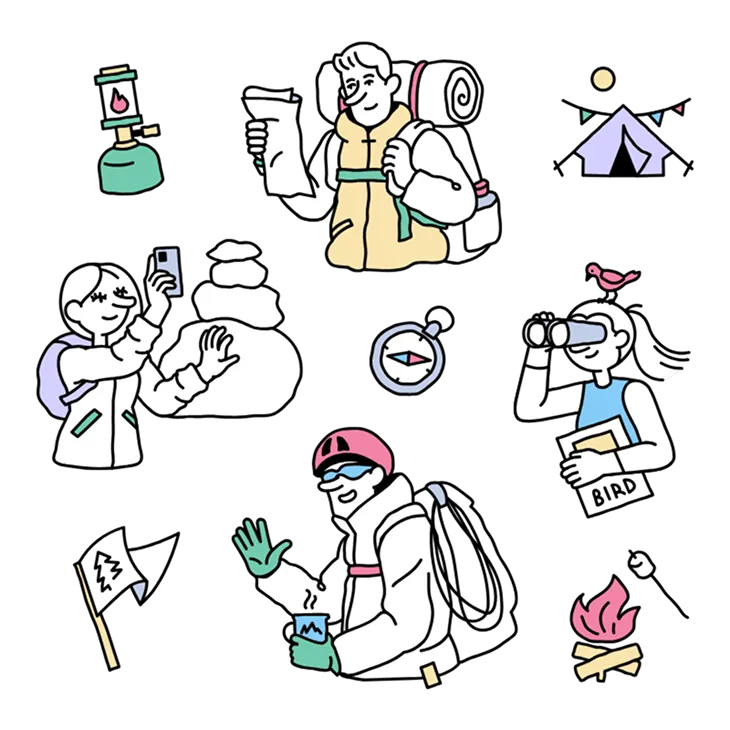
Find Ways To Stay Active!
Exercise & Travel!
Believe it or not, traveling is a great way to stay physically healthy. Enjoy sight seeing and trying different food.
Community Reviewed
They have spoken, and we have documented it. Find out what worked and what didn't before you take action down your wellness path.
Loyalty Rewards
We love community and the more you participate the more we want to reward you. Find special offers on products and stores you love when you sign up for our newsletter and social media accounts. Each channel promotes different rewards so make sure to get both.
🧠 Cognitive Decline: Top 10 FAQs
What is cognitive decline?
Cognitive decline refers to the gradual loss of thinking abilities, including memory, attention, reasoning, and problem-solving. It can range from mild forgetfulness to more severe conditions like dementia or Alzheimer’s disease.
Is cognitive decline a normal part of aging?
Some slowing of mental processing and mild forgetfulness are normal with age. However, significant memory loss, confusion, or difficulty with daily tasks are not normal and may indicate mild cognitive impairment (MCI) or dementia.
What are the early signs of cognitive decline?
Frequently misplacing items
Forgetting names or appointments
Struggling to follow conversations
Trouble making decisions
Difficulty learning new information
What causes cognitive decline?
Common causes include:
Aging-related brain changes
Alzheimer’s disease or dementia
Stroke or vascular issues
Head injuries
Chronic conditions (e.g., diabetes, hypertension)
Poor lifestyle factors (sleep, diet, inactivity, smoking, alcohol)
Can cognitive decline be prevented?
While not always preventable, research shows that lifestyle factors play a big role. Regular exercise, a balanced diet (like the Mediterranean or MIND diet), mental stimulation, quality sleep, and social engagement can significantly lower risk.
What role does nutrition play in brain health?
Nutrients like omega-3 fatty acids, antioxidants, B vitamins, and polyphenols help reduce inflammation, protect brain cells, and support memory. Diets high in processed foods and sugars may accelerate decline.
Is there a difference between dementia and cognitive decline?
Yes. Cognitive decline describes general changes in memory and thinking. Dementia is a clinical diagnosis where decline is severe enough to interfere with daily life. Alzheimer’s disease is the most common form of dementia.
What treatments are available?
Medications (e.g., cholinesterase inhibitors for Alzheimer’s)
Cognitive therapy and brain training programs
Lifestyle interventions: exercise, diet, stress management
Emerging treatments: neurostimulation, precision nutrition, and new pharmaceuticals under study
When should someone see a doctor about memory issues?
Seek medical advice if memory problems:
Interfere with daily life
Worsen over time
Are paired with personality changes, confusion, or difficulty speaking/writing
What are the latest trends in cognitive decline research?
Gut-brain connection: Links between gut microbiome and memory
Digital therapeutics: Apps & VR-based brain training
Personalized nutrition: Tailoring diets to genetic & metabolic needs
Early detection: AI tools and blood biomarkers for Alzheimer’s risk
Beauty-From-Within: Skin–Gut Nutrition & Anti-Aging Tips
Learn how diet, probiotics, collagen and omega-3s support skin hydration, elasticity and anti-aging. Science, consumer insights and a 30-day plan. ...more
General ,Nutrition & Diets
September 25, 2025•4 min read

What Every Man Should Know About Long-Term Health
Learn how diet, lifestyle, and supplements support prostate health. Backed by science, consumer insights, and practical strategies for long-term wellness. ...more
General ,prostate Men's Health &Nutrition & Diets
September 23, 2025•8 min read
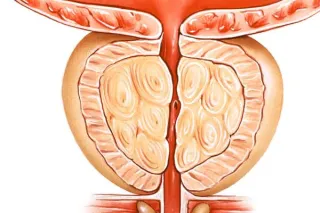
Mental Health, Self-Care & Mindfulness
Discover why women in 2025 are prioritizing mental health, self-care, and mindfulness. Backed by science, consumer insights, and nutrition, this trend is shaping the future of wellness. ...more
Woman's health ,Brain Health &Nutrition & Diets
September 22, 2025•2 min read

Sustainable & Ethical Wellness: Eco-Friendly Trends in 2025
Discover how sustainable & ethical wellness is reshaping 2025 with eco-friendly packaging, ethical sourcing, and plant-based innovations. ...more
General
September 16, 2025•5 min read

PWN Wellness Trends Sept 6 2025
From CGMs to microbiome-based apps, learn how personalized diets improve post-meal responses, who benefits, and how to pair them with at-home workouts. ...more
General ,Nutrition & Diets
September 06, 2025•5 min read
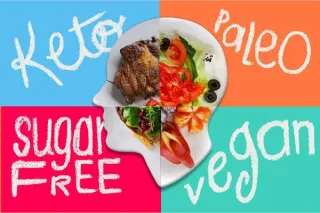
PWN Wellness Trends Sept 5 2025
Research shows women often get outsized benefits from short workouts and strength training. Here’s the science, at-home routines, safety tips, and plan templates. ...more
Woman's health ,Nutrition & Diets
September 05, 2025•8 min read

Copyright 2025. Purely Wellness News All rights reserved.


